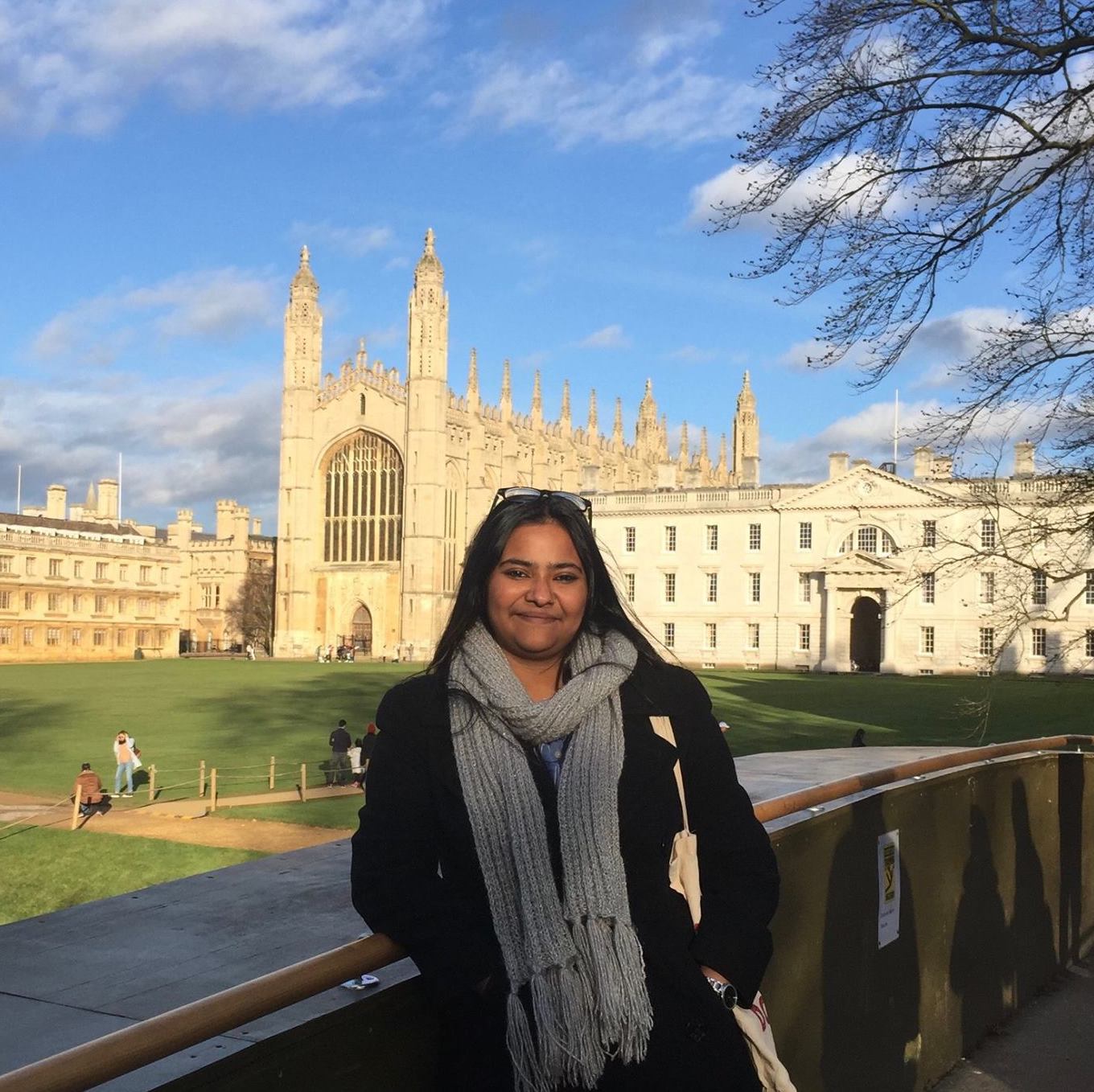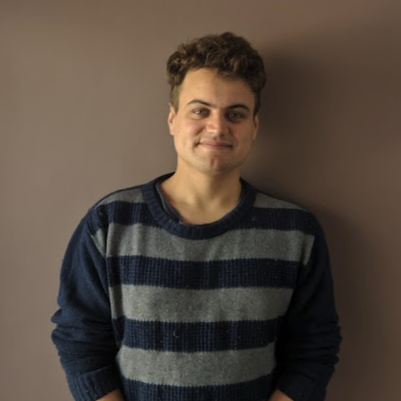- About
- Convenors
- Programme 2021-2022
- Blogs
About
In an uncertain world, collaborations and companionships offer much comfort and nourishment. The institution of marriage has been a central way communities produce continuity. Castes, clans, and dynasties, all need marriages to ease the transference of power and property across generations. Most religious communities show a preference for intermarriage to ensure faiths are maintained. All this work to ensure kinship remains in tension with desires, which always have the potential to be unruly. The existing structures -or grammars as we are terming them- of kinship and desire, often appear exclusionary and oppressive, if not downright violent. Are these grammars capable of ensuring our well-being, or that of the world, during this time of global pandemic? We are trying to think of practises of managing desires and kin as they relate to the climate crisis, increasing mental health issues, and an overarching crisis of care. The pandemic has left humanity weakened by furthering the atomisation of the individual. In this context, we are faced with a dilemma. On the one hand, the institution of marriage has historically provided the grammars of kinship and community. On the other hand, the COVID-19 pandemic continues to expose its potential for violence, more than ever before. There has never been a greater need to form solidarities and networks. Thus, taking one of the oldest institutions under renewed reflection seems appropriate.
We expect to use this network as a drawing board to resketch some of the structures of marriage and desire, as a part of our collective attempt to imagine a good life, and a better world. How can a sociology of love remake our worlds for the better? We know that conceptions of the good life differ widely across contexts but how do we bring this into our academic practice? Working with practitioners, scholars, and performers located in different classes, cultures, and disciplines, we hope to further our understanding of the diversity of ways people pursue a good marriage and a good life.
To join the mailing list, receive readings and event updates contact gomadcrassh2021@gmail.com.
Convenors
Convenors
- Shuvatri Dasgupta (PhD Candidate, Faculty of History, University of Cambridge)
- Edward Moon-Little (PhD Candidate, Department of Social Anthropology, University of Cambridge)
- Reetika Revathy Subramanian (PhD Candidate, Centre for Gender Studies, POLIS, University of Cambridge)

Shuvatri Dasgupta received a Bachelor’s and a Master’s degree in History from Presidency University, Kolkata, India. She was also an exchange student and Charpak Fellow at Sciences Po Paris (Reims campus), studying for a certificate programme in European Affairs and B1 French. For her Master’s degree, she wrote a dissertation titled ‘Beyond local and global narratives: Concept Histories of the Baidya Community in Colonial Bengal, c.1870-1930.’ She is currently the contributing editor for the blog of the Journal of History of Ideas, and a doctoral candidate in the Faculty of History, University of Cambridge. Her doctoral research is funded by the Cambridge Trust and Rajiv Gandhi Foundation Fellowship. Her dissertation is tentatively titled ‘A History of Conjugality: On Patriarchy, Caste, and Capital, in the British Empire c.1872-1947.’ By using the lens of Social Reproduction Theory, it attempts to establish the importance of uncovering histories of marriage not just as legal or gender histories, but as the origin point of private property ownership and capitalist exploitation. Her general research interests include global history, gender history, intellectual history and political thought, histories of empire, histories of capitalism, Marxist and Marxist-Feminist theory, and critical theory.

Edward Moon-Little is a doctoral candidate in Social Anthropology at the University of Cambridge. Over the last eight years he has conducted ethnographic research on central and northeastern India. His doctoral research focuses on the legacy of kingship in the Indian state of Manipur, combining classic theories of sacred kingship with emerging work on indigenous religious activism. He helps run the Highlander Press, an open-access publisher operating from Bhutan, India, and Scotland. Alongside the press, Edward works with the Highland Institute, previously known as the Kohima Institute. He is also a member of ‘India’s politics in its vernaculars’, a long-term research project led by Dr Anastasia Piliavsky at King’s College London.
Edward has an MSc in Visual, Material, and Museum Anthropology from the University of Oxford and a BA in Art History and History from the University of East Anglia. Photographs from his research in India have formed part of exhibitions at a number of museums, including the Berlin Ethnological Museum and the Horniman Museum in London.

Reetika Revathy Subramanian has spent the past decade working as a journalist and researcher in India. She is currently pursuing her PhD in Multi-disciplinary Gender Studies at the University of Cambridge on a Gates Cambridge International scholarship. Her doctoral research explores the links between early marriage and drought migration in the epicentre of India’s agrarian crisis, Marathwada region. Most of her work, spanning different media and platforms, straddles the areas of gender-based violence, labour migration, and climate justice in India. As an off-shoot of her doctoral project, she runs an evidence-based, multimedia project titled ‘Climate Brides’ that digs deeper into the impacts of the climate catastrophe on the lives of young women and girls in South Asia.
She has an MPhil in Gender Studies from the University of Cambridge on a Chevening-Cambridge Trust scholarship, a Master’s in Media and Cultural Studies from Tata Institute of Social Sciences, a Master’s exchange in Governing the Large Metropolis from SciencesPo Paris on a Charpak Scholarship, and a Bachelor’s in Mass Media (Journalism) from St Xavier’s College, Mumbai.
Visit Reetika’s website to read some of her work.
Faculty Advisors
- Dr Milinda Banerjee (Lecturer, School of History, University of St. Andrews)
- Dr Anjali Bhardwaj-Datta (Affiliated Lecturer, Faculty of History, University of Cambridge)
- Dr Perveez Mody (Senior Lecturer, Department of Social Anthropology, University of Cambridge)
- Professor Samita Sen (Vere Harmsworth Professor of Imperial and Naval History, Faculty of History, University of Cambridge)
- Dr Jelle Wouters (Faculty Member, Department of Social Science, Royal University of Bhutan)
Programme 2021-2022
Easter Term 2022
| Grammars of Marriage and Desire |
|---|
|
The Indian dream home: a roundtable 26 Apr 2022 16:00 - 18:00, Online Kamalini Chakravarti (Bartaman), Sharmishtha Ghoshal (Indulge The New Indian Express), Arushi Sinha (Vogue India), Hena Ahmed (Sanmarg) |
|
Defiant desires? Single studies as a discipline 3 May 2022 12:00 - 14:00, Online Ketaki Chowkhani (Manipal) |
|
Can there be an intellectual history of Hindu marriage in colonial India? 17 May 2022 13:00 - 15:00, Online Shuvatri Dasgupta (Cambridge), Zobia Haq (Oxford), Alok Oak (Leiden) and others (TBC) |
|
POSTPONED. Subaltern studies 2.0: being against the Capitalocene 7 Jun 2022 12:00 - 14:00, Online Milinda Banerjee (St Andrews), Jelle J P Wouters (Royal Thimphu College) and others (TBC) |
|
Staging desires, building audiences 14 Jun 2022 12:00 - 14:00, Online Indu Harikumar (Independent artist and storyteller, Induviduality), Anuja Ghosalkar (Documentary theatre-maker and curator, Lonely Hearts Club), Mandeep Raikhy (Dance practitioner, pedagogue and choreography, Queen-size), Ranjini Nair (Kuchipudi dancer and doctoral researcher, Cambridge) |
Lent Term 2022
| Grammars of Marriage and Desire |
|---|
|
New directions in understanding marriage and kinship: religion, democracy, and legalities in South Asia 18 Jan 2022 12:00 - 14:00, Online Roundtable |
|
Contested nations and kinship in North-Eastern India 1 Feb 2022 12:00 - 14:00, Online Roundtable: Nandima Angom (Sussex), Ru-Yu Lin (Sussex), Bendang Imchen (Sussex) |
|
POSTPONED The old mother’s sponge: vitality affects and the oracularisation of desire in Mayong 15 Feb 2022 12:00 - 14:00, Online Sean Dowdy (Oslo) |
|
Love songs in troubled times 9 Mar 2022 12:00 - 14:00, Online Roundtable: Asha Singh (CSSSC, Calcutta) |
|
The old mother’s sponge: vitality affects and the oracularisation of desire in Mayong 15 Mar 2022 12:00 - 14:00, Online Sean Dowdy (Oslo) |
|
POSTPONED The Indian dream home? Magazines and domesticity in the Global South 23 Mar 2022 12:00 - 14:00, Online Kamalini Chakravarti (Bartaman). |
Michaelmas Term 2021
Structures in the Longue durée

